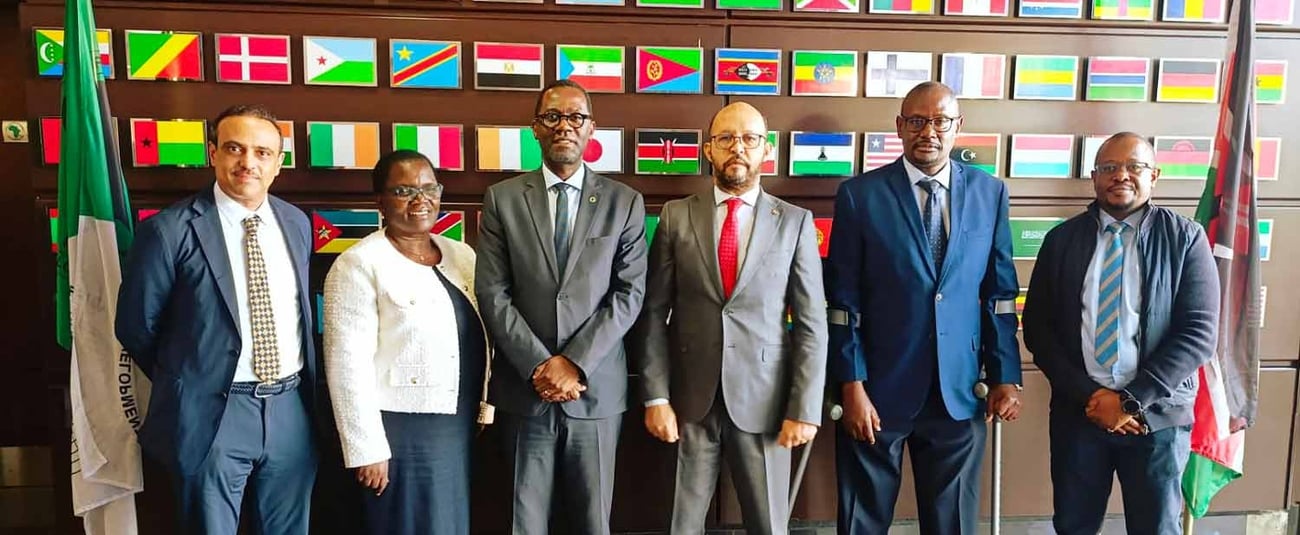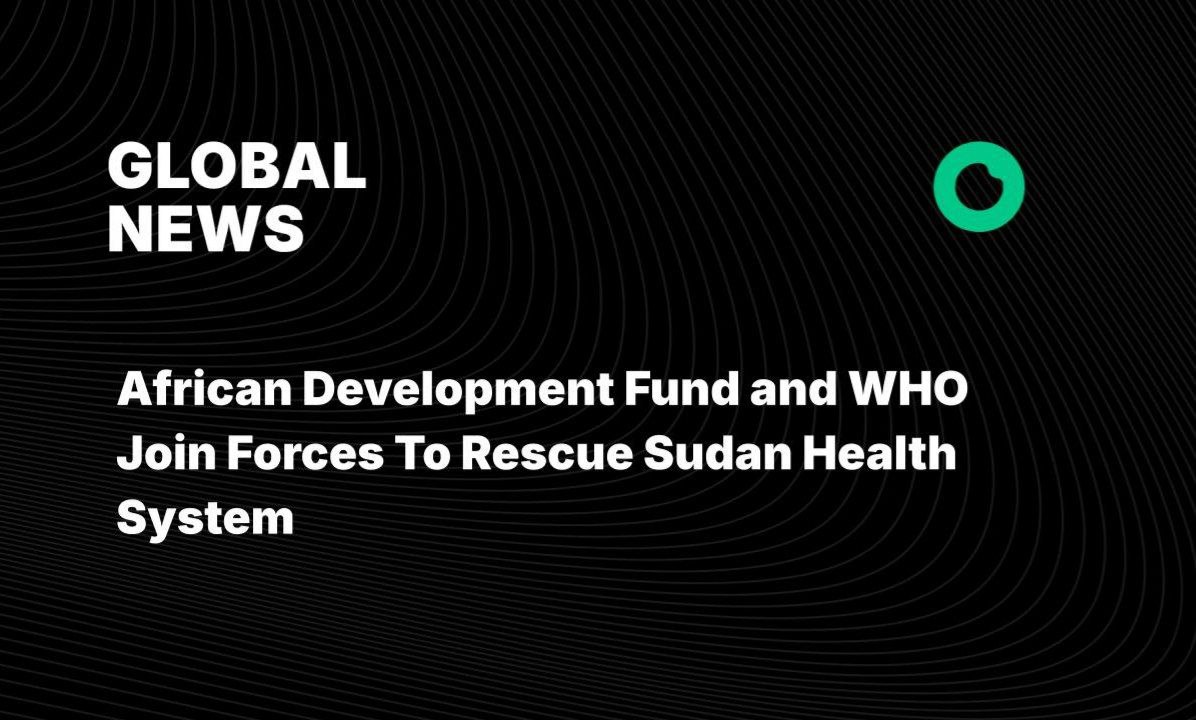According to www.afdb.org, the African Development Fund (the concessional arm of the African Development Bank Group) and the World Health Organization have agreed a US$55 million package to help rebuild and strengthen health services in Sudan over the next three years.
Signed on 3 November 2025 in Nairobi and Port Sudan, the funding will support the Sudan Health Emergency and Infrastructure Project (SHEIP), a programme designed to expand access to quality health care across the country. The initiative focuses on restoring essential services, reinforcing emergency preparedness and response, and helping the health system become more resilient after years of conflict.
Under the agreement, WHO will lead implementation, using the funds to rehabilitate selected health facilities and install critical medical equipment and tools. Primary health care centres will be equipped to deliver a core package of conflict-sensitive health and nutrition services, backed by essential supplies and staff training to ensure that care is safe, reliable and appropriate in fragile settings.
The project also invests in the quality of care, supporting training, performance-based incentives and better infection prevention and control, including improvements in medical waste management. These efforts are meant to consolidate the emergency gains achieved during the recent crisis and shift the system toward sustainable early recovery.
WHO will further strengthen Sudan’s capacity to detect and respond quickly to health threats through enhanced disease surveillance and the training and deployment of rapid response teams. “It is time to implement response and recovery side by side,” said WHO Representative in Sudan and Head of Mission Dr Shible Sahbani, stressing that the new resources will help move from life-saving emergency measures to rebuilding essential services.
The African Development Bank Group highlighted that partnering with WHO allows the Bank to tap into specialized expertise in managing complex health emergencies while supporting broader recovery goals. Dr Alex Mubiru, Director General for the East Africa Region at the Bank, noted that the collaboration is intended to restore essential services and “build resilience in the face of ongoing challenges,” underscoring the long-term development ambition behind the grant.

source: www.afdb.org
Geographically, the programme will prioritize areas that have endured some of the most severe disruptions, including White Nile, Kordofan, Darfur and parts of Khartoum. These regions have seen prolonged instability that has left millions with little or no access to health care, making them a central focus for facility rehabilitation and service restoration.
Recent data from the Health Resources and Services Availability Monitoring System (HeRAMS) show the scale of the challenge: only 48% of Sudan’s health facilities are fully functional, 12% are partially functional and 40% are out of service altogether. The partners estimate that at least 6 million people will directly benefit from the project, including around 3 million women and 1.2 million internally displaced persons, who are expected to regain access to a comprehensive package of essential health services and, with it, a measure of dignity and the right to health.


